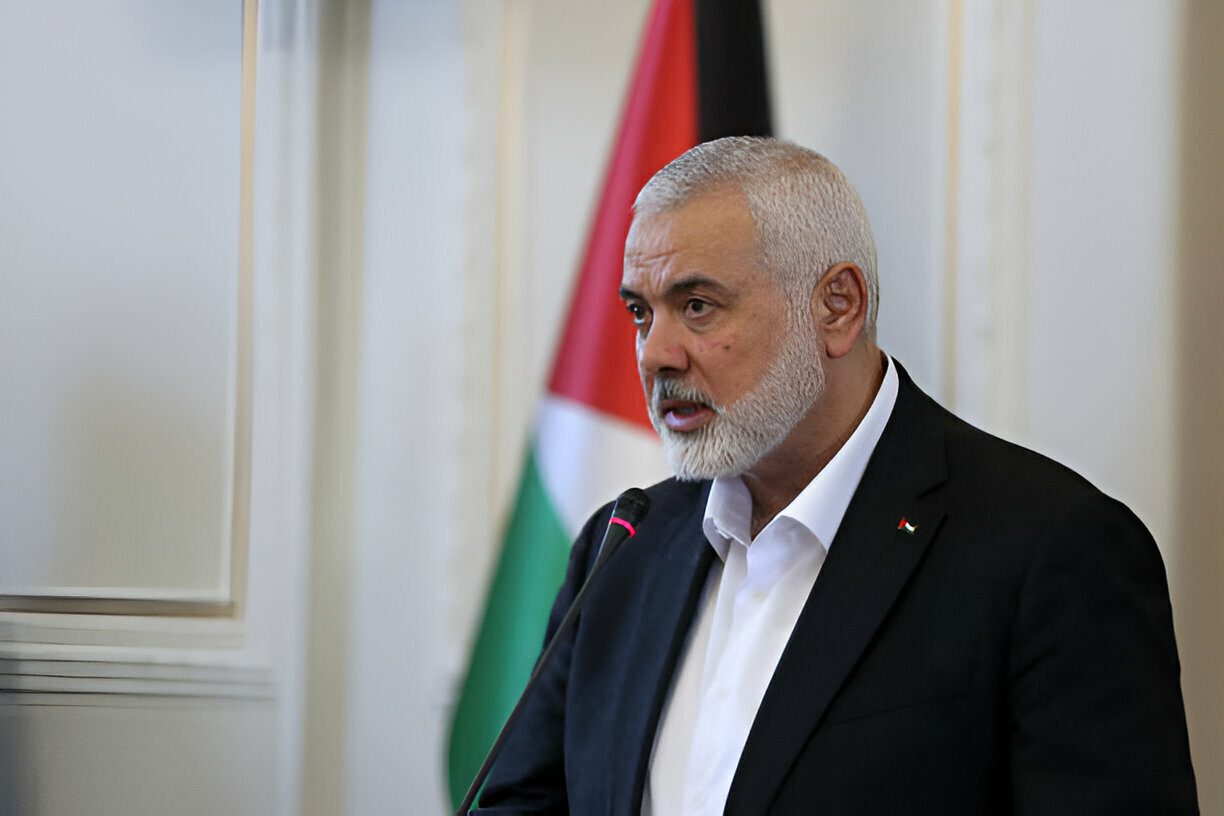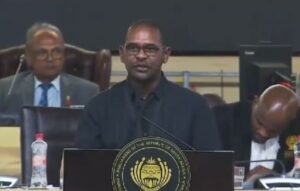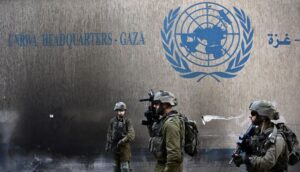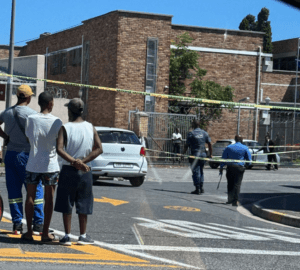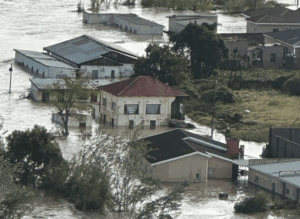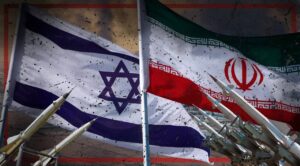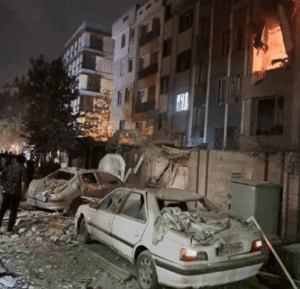Hamas has agreed to a ceasefire proposition, as confirmed by a spokesperson for the group during an interview with Al Jazeera on Monday. This decision was announced shortly after Israel instructed the evacuation of Rafah in anticipation of an impending military offensive.
Diplomatic Engagements
Hamas leader Ismail Haniyeh conducted discussions over the phone with Qatari Prime Minister Sheikh Mohammed bin Abdul Rahman Al Thani and Egyptian Intelligence Minister Abbas Kamel. During these calls, Haniyeh conveyed Hamas’s acceptance of the ceasefire proposal initiated by Egypt and Qatar, as per the statement released to Al Jazeera.
“of the Hamas movement’s approval of their proposal regarding the ceasefire agreement,”
Ceasefire Details and Demands
While the specifics of the ceasefire proposal remain undisclosed, Hamas has consistently stipulated that any ceasefire should be permanent and necessitate the full withdrawal of Israeli forces from the Palestinian territories currently under siege. On the other hand, Israeli Prime Minister Benjamin Netanyahu has declined to commit to these terms. Last week, he reiterated that Israel would not tolerate Hamas’s governance in Gaza and indicated plans to proceed with the Rafah invasion, regardless of any ceasefire arrangement.
Netanyahu has acknowledged the possibility of a brief cessation of hostilities to facilitate an exchange of Israeli hostages for Palestinian prisoners.
Rafah and the Threat of Invasion
The city of Rafah, situated in southern Gaza, has become a refuge for approximately 1.4 million Palestinians displaced from other regions within the territory. Despite international criticisms from entities like the US and the EU, the Israeli military has urged civilians to evacuate, hinting at an imminent and severe military strike.
The influence of the potential invasion on Hamas’s decision to accept the ceasefire remains uncertain. While Netanyahu has been vocal about his intentions to enter Rafah, other Israeli officials have hinted that Hamas could avert an invasion by consenting to a temporary truce.
Ambiguity in Support
The level of support from Israel for the ceasefire proposition crafted by Egypt and Qatar is still unclear. An anonymous Israeli official indicated to Reuters that Hamas consented to a “softened” version of the initial proposal from West Jerusalem, which contained extensive outcomes that Israel was unlikely to endorse.
Broader Conflict Context
The backdrop to these developments is Israel’s declaration of war on Hamas following an unexpected assault on October 7 by the Palestinian militants. This attack resulted in approximately 1,200 fatalities and the abduction of around 250 individuals, who were taken to Gaza. The Palestinian health authorities reported that the death toll from the subsequent Israeli retaliatory actions in the enclave had neared 35,000 by Monday.
The situation remains fluid, with international eyes closely monitoring how the proposed ceasefire might unfold amidst ongoing tensions and the humanitarian crisis in Gaza.

